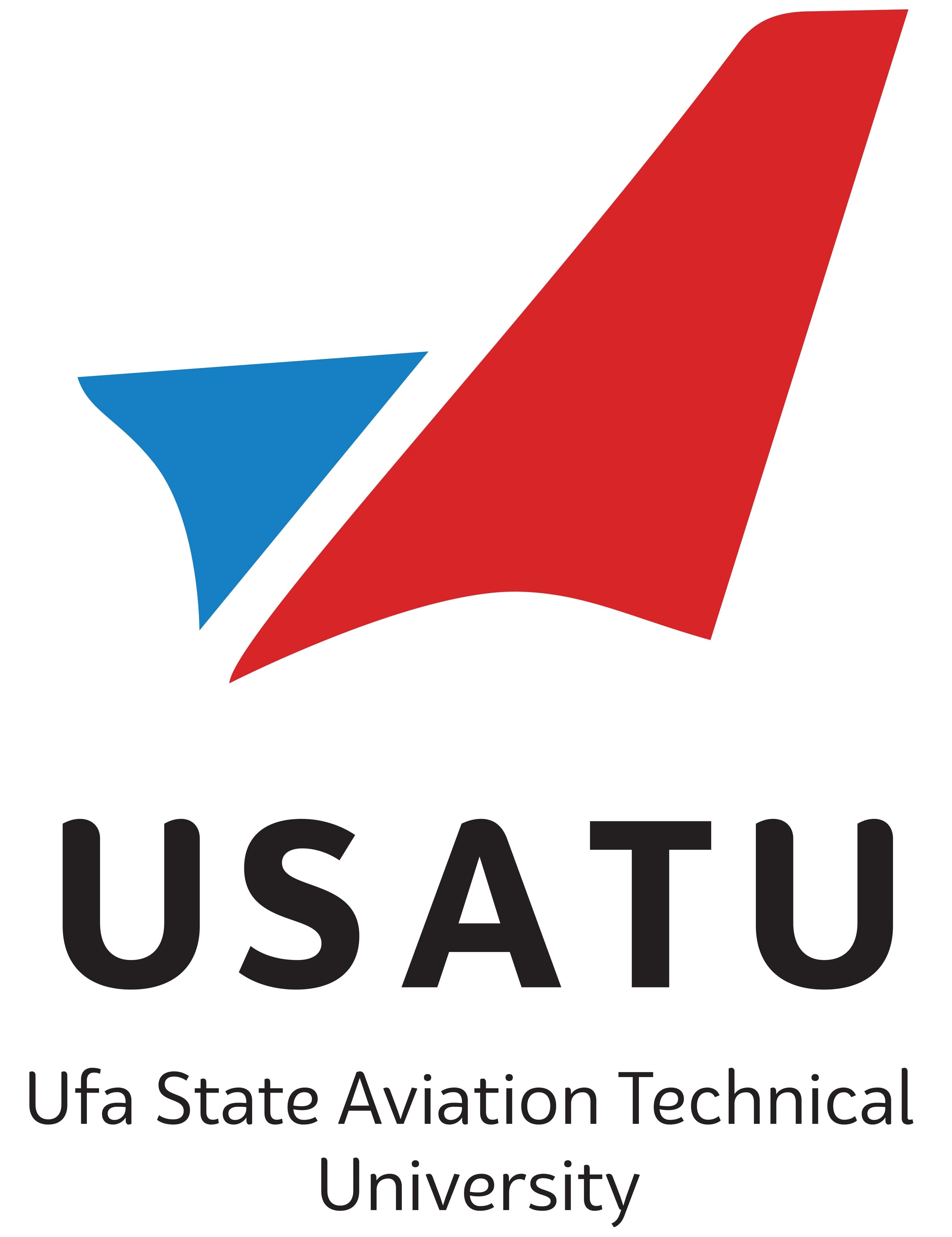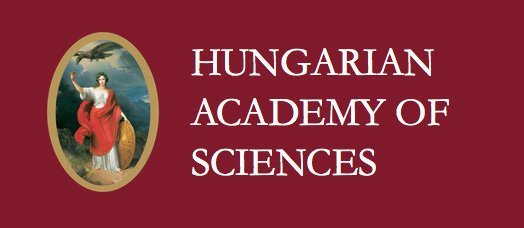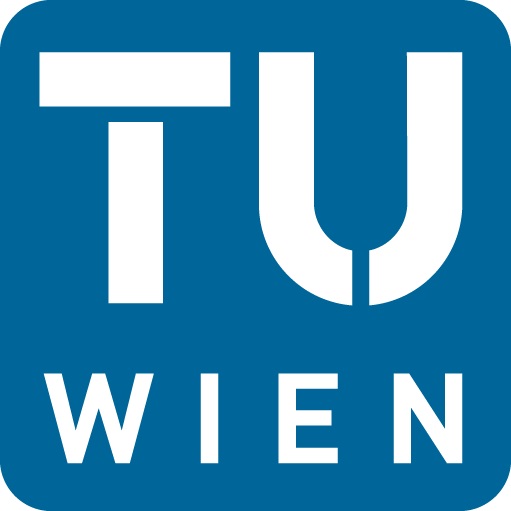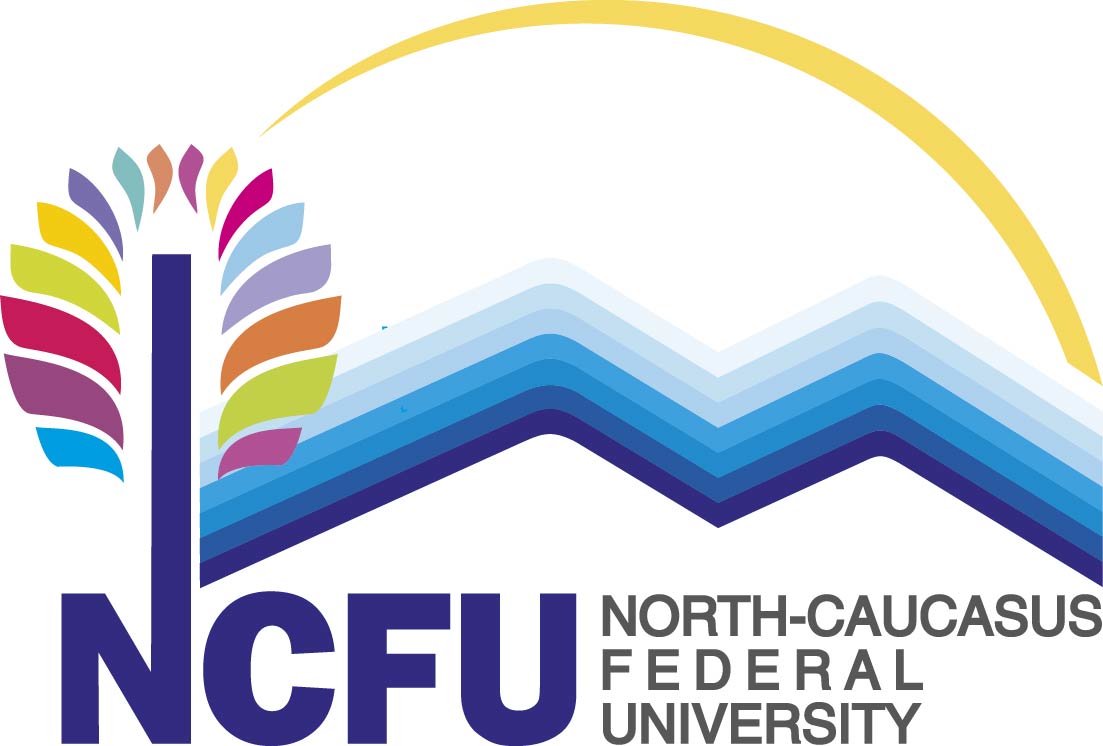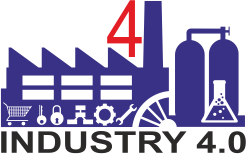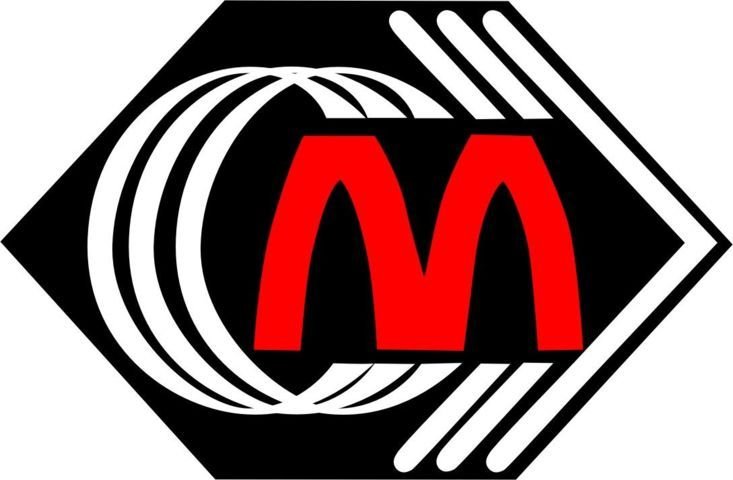- » Archive Access Policy
- » Peer Review
- » Publication Ethics
- » Publications and Indexing
- » Fees and Payments
- » Open Access Policy
- » Conference Founder
- » Retraction policy
- » Author Guidelines
- » Disclosure and Conflict of Interest
- » Plagiarism detection
- » Browse Conference Geography
Archive Access Policy
The articles in conference proceedings that make up the current and archived conferences on this site have been made open access and are freely available for viewing, for the benefit of authors and interested readers.
Peer Review
The conference is carried out review of all submitted articles materials corresponding to its category, with a view to peer review. All reviewers are recognized experts on the subject of peer-reviewed materials and have published publications on the subject of a peer-reviewed article over the past 3 years. Reviews are stored in the publishing house and in the editors of the publication for 3 years.
The article submitted for publication is preliminarily checked for compliance with the tracks of the conference, the originality of the text and the requirements for design. Materials that do not meet these conditions are rejected with reasons.
Articles that meet these conditions are sent for one-sided "blind" review to members of the conference program committee who have the closest scientific specialization to the topic of the article. The editors have the right to involve external reviewers, is a recognized expert on the subject of the peer-reviewed materials. The reviewer can not be the author or co-authors of the article under review, as well as employees of departments of organizations in which they work. Appointed reviewer should report any conflicts of interest that could affect his opinion of the article; he can and should refuse to review a specific article if he considers this to be justified from the point of view of scientific ethics.
The reviewer evaluates the manuscript and makes a recommendation in accordance with the approved instruction. If the reviewer recommends to reject or accept the article after completion, then the review should indicate the reasons for such a decision.
The conference editors send copies of reviews or a motivated refusal to the authors of the submitted materials, and also undertakes to send copies of reviews to the Ministry of Education and Science of the Russian Federation upon receipt of the relevant request by the editor.
Peer review is confidential. The review is available to the author of the article in the private office without a signature and specifying the name, position, place of work of the reviewer.
The maximum period for reviewing an article is 2 months.
Articles revised based on the comments of the reviewers are submitted to the chairman of the program committee for approval.
Reviews are kept in the editorial office for 3 years. The editors submit copies of reviews to the Ministry of Education and Science of the Russian Federation upon request.
Reviewers Guide
The reviewer is invited to review the article. The invitation contains review deadlines and the Manuscript Address link, the reviewer gets access to the files for review.
Having studied the abstract of the article, the reviewer may agree or refuse to review the article. To do this, the reviewer says: "I agree for review" or "Leave the review."
If the reviewer agrees to review the article, then, after notification of this revision, a link to the file with the article appears. Articles are provided in * .docx format, so to view it, you need a text editor that supports this format, for example, MS Word 2013 and above.
After analyzing the article, the reviewer must fill out the review form. The reviewer is provided with a review form. The form contains a set of criteria, and fields for entering comments. Filling in the comment fields is required if the reviewer's decision on the article is different from “Accept article”.
A summary of each of the criteria is carried out on a scale of 1 to 5, with 5 - the highest rating. Criteria for evaluating the article, the following:
1. The degree of familiarity of the author with the current state of research.
2. Compliance with the content of the article subject of the conference.
3. The novelty and originality of the results.
4. The significance of the contribution made in the development of theory and practice.
5. Correspondence of the article title to its content.
6. Adequacy of annotations and keywords, sufficiency of the list of references.
7. Consistency of presentation, clarity of language and style of presentation.
8. Design and technical presentation of the text.
9. The adequacy and validity of the conclusions.
There are two fields for entering comments:
1. Comments for the author and editors.
2. Comments (exclusively for editors, not reported to the author).
After the review form is completed, the reviewer should select a recommendation for the article. The following recommendations are possible:
1. Accept article.
2. Requires revision.
3. Re-send for review.
4. Reject article.
If the reviewer's decision on an article is different from “Accept an article”, then filling in the comment fields in the review form is mandatory. After confirming the decision, the editors will notify the reviewer that his review has been received by e-mail.
Reject articles:
- non-scientific or educational in nature;
- anti-scientific in nature;
- the reading of which is difficult or impossible due to errors in the text and / or inconsistency of its elements;
- publication of which may lead to violation of the current legislation of the Russian Federation or copyright and / or related rights;
- containing allegations, judgments or conclusions that are not supported either by the authors' own research or by references to external sources;
- prepared in violation of scientific ethics.
Publication Ethics
Publication Ethics for editors, peer reviewers
The editorial policy of the conference is based on the ethical principles laid down in the best practices for editors developed by the Committee on Publication Ethics - Committee on Publication Ethics (COPE). The electronic version of the conference is an open access publication for readers. For new editors and track editors, we recommend a quick guide to publication ethics. For new peer reviewers, we recommend a COPE Ethical Guidelines for Peer Reviewers to publication ethics.
Publications and Indexing
Workshop Proceedings:
The Workshop Proceedings will be published. For an accepted paper to be included in the Proceedings one of the authors must commit to presenting the paper at the Workshop.
Web of Science and Scopus:
Selected articles presented at the conference will be published in the Atlantis-Press Proceedings.
The Atlantis-Press Proceedings are indexed in Web Of Science Core Collection.
Fees and Payments
TYPE OF FEE | EURO | |
Up to 01.07.2021 | After 01.07.2021 | |
1. Workshop fees: 1.1. Participation Fee Includes: Published in the issue of Atlantis-Press according to the themes of the reports, Welcome cocktail, lunch, Workshop materials, coffee breaks, CD with all Workshop contributions. |
300 / 200* |
350 / 250* |
| 1.2. Indexed WoS
| 100
| 100
|
1.3. Fee for second and third paper - only publication fee | 120 | 150 |
2. Accompanying person (including co-authors) Includes: Welcome cocktail, lunch, Workshop materials, coffee breaks, CD with all Workshop contributions. |
150 |
200 |
3. Publication fee (For authors who cannot participate personally in the Workshop) Includes: Published in the issue of Atlantis-Press according to the themes of the reports, CD with all papers and printing of the poster paper in A1 format. | 120
|
150
|
4. Additional payments: 4.1. For receiving the printed issue of the journal at the Workshop (volume with the papers). 4.2. For receiving the printed issue of the journal by post (volume with the papers). | 20
30 | 20
30 |
* Reduced fee for Young scientists in 35 years.
Open Access Policy
Articles Published in Proceedings of Computer Science and Information Technologies are made freely available to readers immediately upon publication. Our open access policy is in accordance with the Budapest Open Access Initiative (BOAI) definition: this means that articles have free availability on the public Internet, permitting any users to read, download, copy, distribute, print, search, or link to the full texts of these articles, crawl them for indexing, pass them as data to software, or use them for any other lawful purpose, without financial, legal, or technical barriers other than those inseparable from having access to the Internet itself. For More Information please read the BOAI statement.
Retraction policy
Retraction process
Retraction of the article is reviewed and performed in accordance with the COPE recommendations:
Author Guidelines
Submitted papers must clearly describe new ideas or experimental results, which have not been previously published in journals and Proceedings of conferences. Papers will be judged on originality, clarity, relevance, and soundness of methodology. Each paper should include a short abstract and a list of keywords indicating subject classification.
Authors' names and institutions should be identified on a cover page. Papers should be written in English. Authors may submit drafts of full papers. The minimum length of the paper is 5 pages and the maximum recommended length is 7 pages with 1 inch margins and 10 point font (the paper template will be sent to you by e-mail).
Templates for preparation of papers:
Atlantis template (English version)
Disclosure and Conflict of Interest
Unpublished materials disclosed in a submitted manuscript must not be used in a reviewer’s own research without the express written consent of the Author. Privileged information or ideas obtained through peer review must be kept confidential and not used for personal advantage.
Reviewers should not consider manuscripts in which they have conflicts of interest resulting from competitive, collaborative, or other relationships or connections with any of the authors, companies, or institutions connected to the papers.
Plagiarism detection
The Computer Science and Information Technologies conference uses the Antiplagiat Russian-language plagiarism detection software to screen the submissions. If plagiarism is identified, the COPE guidelines on plagiarism will be followed.
Browse Conference Geography

This work is licensed under a Creative Commons Attribution 3.0 License.
 Computer Science and Information Technologies
Computer Science and Information Technologies
